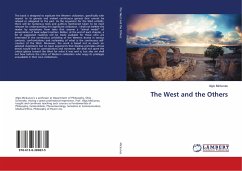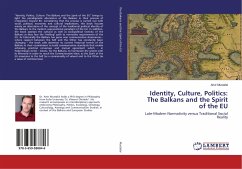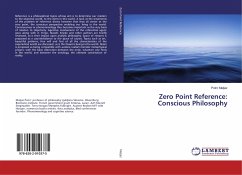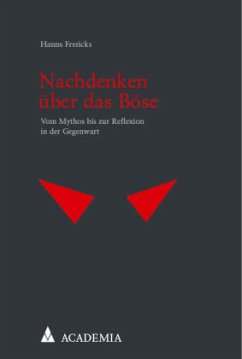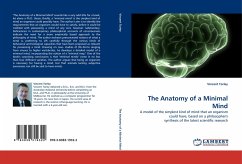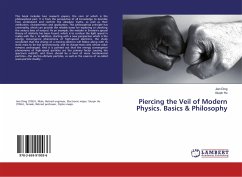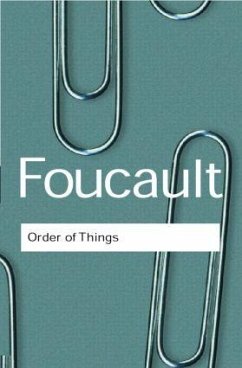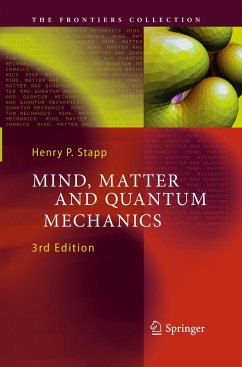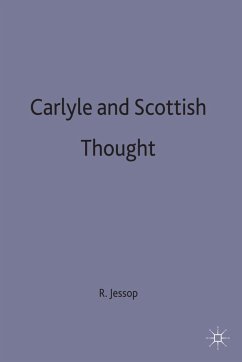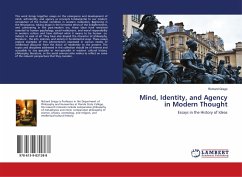
Mind, Identity, and Agency in Modern Thought
Essays in the History of Ideas
Versandkostenfrei!
Versandfertig in 6-10 Tagen
24,99 €
inkl. MwSt.

PAYBACK Punkte
12 °P sammeln!
This work brings together essays on the emergence and development of mind, self-identity, and agency as concepts fundamental to our modern conception of the human condition in western civilization. Beginning in the Renaissance, taking shape in the formative ethos of the Enlightenment, and culminating in the post-modern era, these ideas have remained essential to human psychology, social institutions, and moral responsibility in western culture and have defined what it means to be human -or, indeed, to exist at all. They have also shaped the character of philosophy, literature , the arts, scien...
This work brings together essays on the emergence and development of mind, self-identity, and agency as concepts fundamental to our modern conception of the human condition in western civilization. Beginning in the Renaissance, taking shape in the formative ethos of the Enlightenment, and culminating in the post-modern era, these ideas have remained essential to human psychology, social institutions, and moral responsibility in western culture and have defined what it means to be human -or, indeed, to exist at all. They have also shaped the character of philosophy, literature , the arts, sciences, and society in fundamental ways. These essays explore examples of this phenomenon expressed in various modes of intellectual discourse from the dawn of modernity to the present. The topics and disciplines addressed in this collection should be of interest and accessible to any specialist or non-specialist in western cultural history, philosophy, literature, or the social sciences who wishes to reflect on some of the relevant perspectives that they consider.



